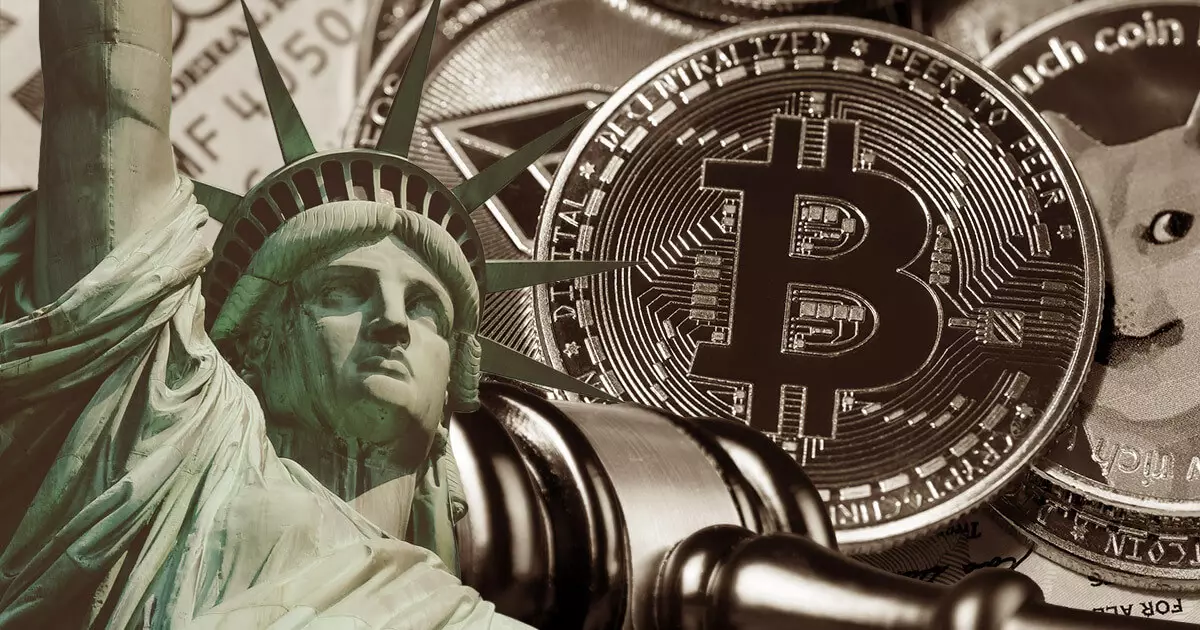The New York State Department of Financial Services (NYDFS) has introduced a set of stringent requirements for virtual currency businesses operating in the state. These new regulations, announced on September 18, primarily focus on delistings of cryptocurrencies. Superintendent Adrienne Harris highlighted the need for such measures, stating that the NYDFS wants to provide entities with the ability to remove cryptocurrencies that pose risks to consumers while safeguarding their safety and soundness.
The latest proposals build upon the original guidance published by the NYDFS in 2020. The earlier rules laid out a framework for crypto firms to establish policies for the adoption and listing of new cryptocurrencies. Additionally, they introduced the concept of “greenlisted” tokens, allowing companies to list tokens recognized by the NYDFS without prior approval or the need for a specific policy. Currently, the greenlist includes major cryptocurrencies like Bitcoin (BTC), Ethereum (ETH), and six stablecoins, including PayPal’s PayPal Dollar (PYUSD).
While companies have the flexibility to create their own listing policies, the newly proposed guidelines mandate that all firms, even those without existing listing policies, must have a delisting policy in place. The NYDFS aims to ensure that delisting decisions prioritize consumer protection and the stability of the market. Moreover, the updated regulations introduce heightened risk assessment standards for coin-listing policies. Consequently, companies will need to thoroughly evaluate the risks associated with listed tokens.
The NYDFS also emphasizes the importance of maintaining the integrity of retail and consumer products and services. As part of the new rules, businesses operating in the virtual currency space will face more significant requirements in these areas. Stricter standards will be implemented to protect individuals who engage in virtual currency transactions, ensuring that their interests are safeguarded.
The NYDFS is accepting public comments regarding the proposed regulations until October 20, 2023. This open communication allows stakeholders and industry participants to provide feedback and contribute to the shaping of the final rules. However, the regulations governing greenlisted tokens have already come into effect, immediately impacting businesses operating in the virtual currency sector within New York.
New York is renowned for its rigorous oversight of the cryptocurrency industry. Crypto companies that operate within the state or serve customers in New York must acquire a virtual currency license in the form of a BitLicense or limited-purpose trust company charter issued by the NYDFS. So far, only 33 companies have successfully obtained these licenses, underscoring the exclusivity and strictness of the regulatory framework. The NYDFS has recently emphasized the segregation of corporate and non-corporate crypto assets and announced additional supervision charges for crypto businesses. Furthermore, the state enforces cryptocurrency regulations through the New York Attorney General’s Office, headed by Attorney General Letitia James.
The NYDFS’s new regulations mark a significant milestone for virtual currency businesses in New York. With a focus on delisting requirements and reinforced risk assessment standards, these rules aim to enhance consumer protection and maintain the soundness of the market. As the industry evolves, it is crucial for virtual currency businesses to adapt to the changing regulatory landscape and prioritize the interests of their customers. Through the ongoing public comment period, stakeholders have the opportunity to provide valuable input and shape the final regulations. Nevertheless, New York’s position as a leader in robust cryptocurrency oversight remains unwavering, underscoring the state’s commitment to protecting investors and maintaining market integrity.














Leave a Reply